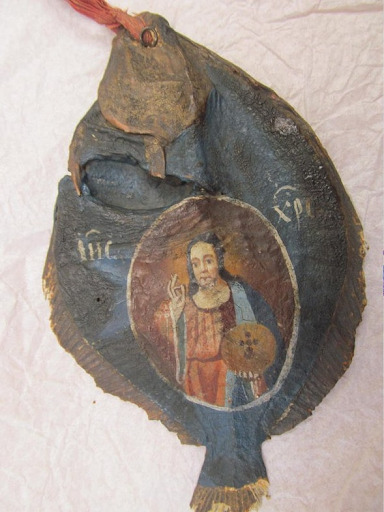Text

St. John the Theologian Orthodox Church in Papauta Apia, Samoa.
2 notes
·
View notes
Text

St. Vitalius of Gaza
“When he was sixty years old, undertook an extraordinary task: he wrote down from memory the names of all the prostitutes of Alexandria and he began to pray for them. He worked from morning to evening, earning twelve copper coins each day. In the evening the saint bought a single bean, which he ate after sunset. Then he would give the rest of the money to one of the harlots, whom he visited at night and said, “I beg you, take this money and do not sin with anyone tonight.” Then he stayed with the harlot in her room. While she slept, the Elder spent the whole night at prayer, reading the Psalms, and quietly left in the morning.”
0 notes
Text

“August Albuk and his family are the only descendants left from the 60 German Christian families who migrated to Kars city in Türkiye 150 years ago.”
0 notes
Text


19th century mother of pearl hand-carved with the crucifixion
8K notes
·
View notes
Text

This icon has been written on dried flounder. Sacred images on dried fish are extremely rare. They began to be painted in the 19th century by Ukrainian fish and salt merchants, called “chumaks”. They brought their goods from the Black and Azov Seas using carts pulled by oxen, and then sold them at street markets.
Chumaks spent a lot of time on the road. They attached such images to their carts, probably as travel icons, in the same way as some modern Christians place icons in their cars
It is possible that chumaks chose fish as the material for their icons not by chance, since the fish is one of the oldest Christian symbols. In Greek, ichthys is an acronym meaning “Jesus Christ, Son of God, Saviour”. It is also possible that the traditional wooden base was much more expensive than dried fish and quickly deteriorated under the influence of sun and precipitation. [source]
1K notes
·
View notes














